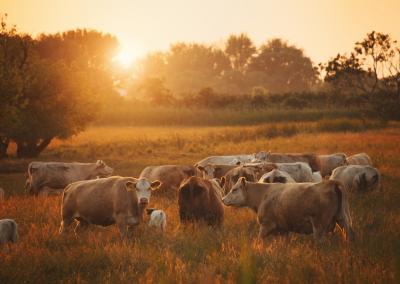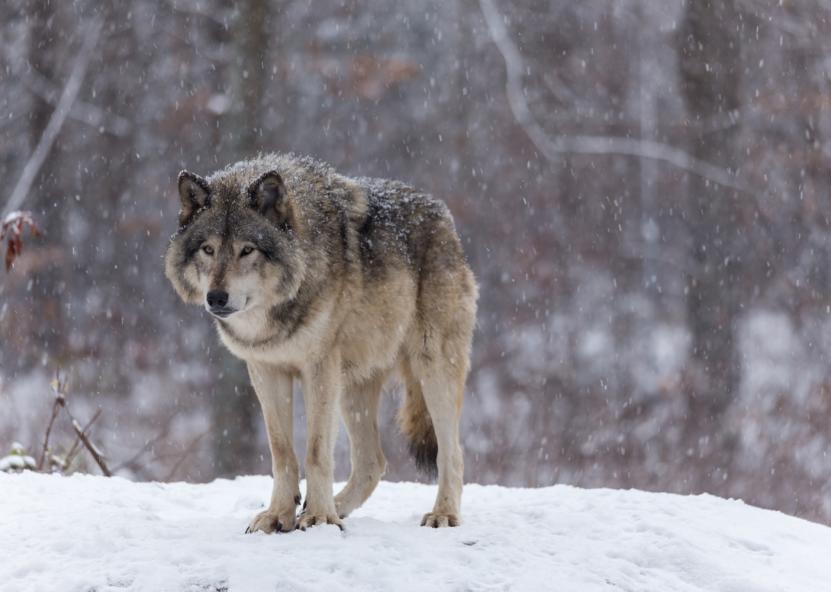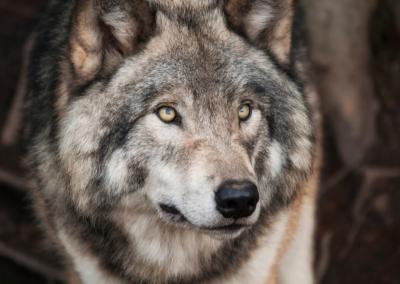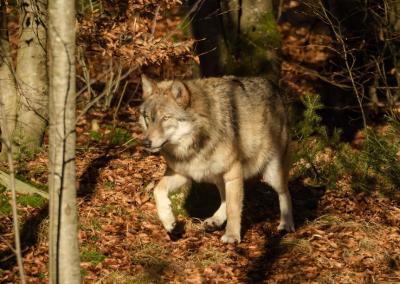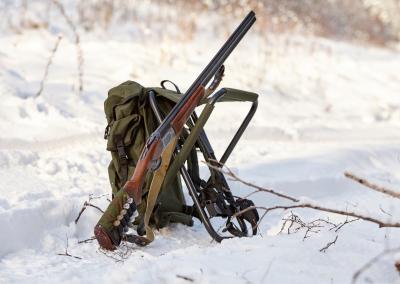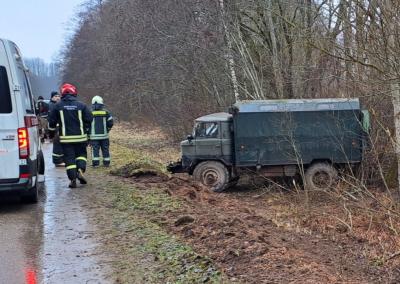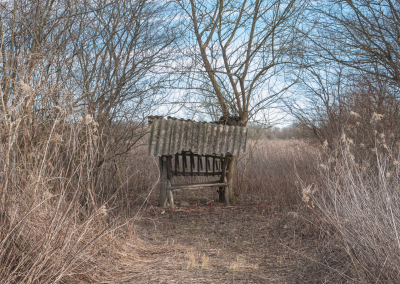The wolf hunt is in full swing
Last week, two wolves were hunted in Ukmergė District, and eight since the start of the season. This data is published by the Ministry of Environment. According to hunters, hungry wolves do not shy away from approaching people's houses, but now they are not short of food – they are eating boar carcasses.
The chairman of the board of the Ukmergė Hunters and Fishermen Society (MŽD), hunting expert Arūnas Pračkaila informed that wolf hunting in the country starts on 15 October, after the Minister of Environment announced the wolf hunting quota, and continues until the set number of wolves has been hunted. In theory, hunting is open until 31 March, but if the quota is exhausted, the season is closed earlier by a separate ministerial decree.
The Ministry of Environment has set a country-wide hunting limit of 341 wolves for the 2024–2025 hunting season.
In our district this season, four wolves were hunted in October, two in December and the last two in January this year. According to the Ministry of Environment, as of 14 January, a total of 240 wolves have already been hunted in the country, leaving 101 wolves to be hunted this season.
As explained by Mr Pračkaila, hunting clubs do not provide information on wolf hunting to the Ministry of Environment, but they are obliged to submit this data to the Ministry of Environment within 24 hours after the wolf has been hunted.
After the end of the hunting season, clubs and groups shall submit to the Ukmergė MFA summaries of the total number of animals hunted and the numbers of animals hunted by species.
A. Pračkaila explained that wolves live in a cycle. In winter – in the rut (which is already in progress), in spring these predators bring their pups, which they train to hunt in August–September. This is when most of the damage is done to humans. Wolves are looking for food all year round," said the chairman of the Ukmergė MFA Board. He said that nowadays, due to the African swine fever, many wild boars are falling, so there is no need for wolves to hunt, they easily find carcasses. For this reason, the damage to humans should be lower at the moment.
According to the spokesman, there are more wolves where there are larger forest areas. "If you go by clubs, there may be more of them in the Vidiškės hunting club, but they are everywhere," said Mr Pračkaila.
The wolves have their own roosts, beds, where they stay all the time. Other beasts try to get away from these places. Wolves hunt over an area of up to 50 kilometres – that's how far they can travel in one day in search of food. They are the most predatory animals in Lithuania.











































